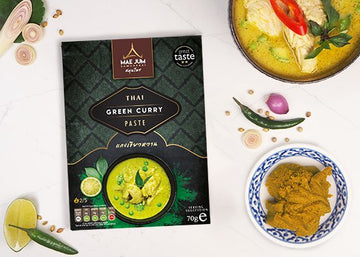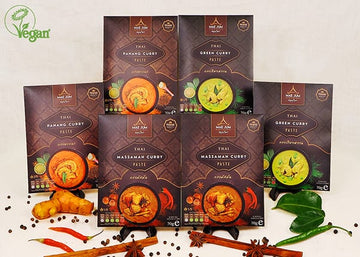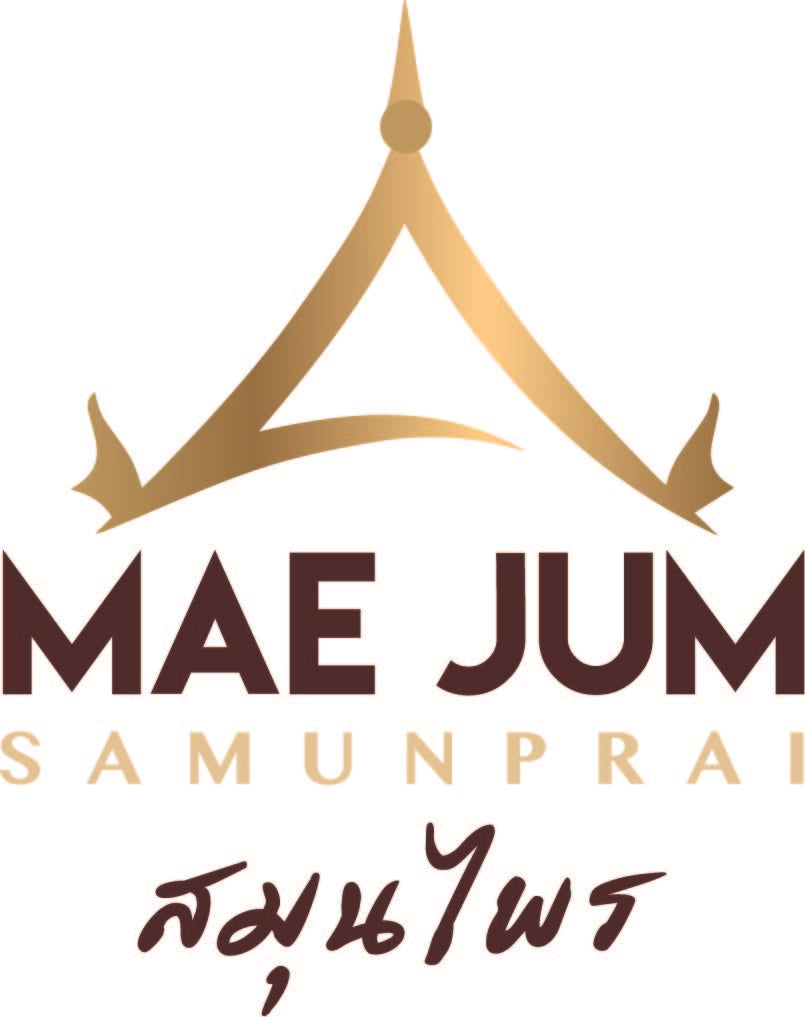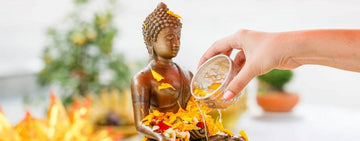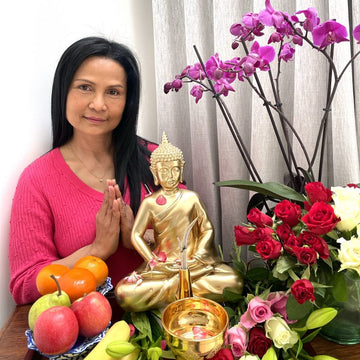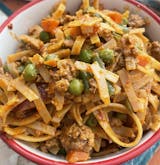สวัสดีปีใหม่ไทยค่ะ - Sawadee Pe Mai Thai ka! Happy Thai New Year
In Thailand, the arrival of April heralds the beginning of Songkran, the traditional Thai New Year festival. This annual event is deeply rooted in Thai culture, blending ancient traditions with modern celebrations to create a vibrant and joyful atmosphere. Thai songkran is not just a time to welcome the new year; it's a time to honour traditions, show respect to elders, and enjoy the company of family and friends.
One of the most prominent aspects of Thai Songkran is the act of water splashing. This tradition symbolises purification and the washing away of the past year's misfortunes, allowing participants to start anew with a fresh outlook on life. During Songkran, people of all ages take to the streets armed with buckets, water guns, and hoses, engaging in friendly water fights that can last for days. Tourists and locals alike join in the fun, creating a festive atmosphere that is unmatched anywhere else in the world.
Another important tradition during Songkran is the offering of alms to Buddhist monks. This ritual, known as Tak Bat, is a way for Thai people to earn merit and show respect to the monks who play a central role in their community. In the early morning hours, villagers will gather at local temples to offer food, flowers, and other essentials to the monks, receiving blessings in return. This act of giving is believed to bring good luck and prosperity in the coming year.

Song Nam Phra and Rod Nam Dam Hua are two significant rituals observed during the festive celebrations in Thailand. Song Nam Phra involves the symbolic washing of Buddha statues, typically done by pouring water mixed with Thai fragrances and flowers over the statues. This act is believed to bring blessings and prosperity for the new year.
Rod Nam Dam Hua, on the other hand, is a gesture of respect towards elders and ancestors. During this ritual, younger people pour scented water into the hands of their elders as a sign of gratitude for their guidance and wisdom. These rituals are deeply ingrained in Thai culture and serve as a way to show reverence, seek blessings, and promote harmony within the community.
Traditional performances and cultural activities are also a key part of Thai Songkran festivities. Throughout Thailand, you can find traditional dance performances, music concerts, and street parades that showcase the rich cultural heritage of the country. These events are not only entertaining but also serve as a reminder of the importance of preserving and celebrating Thai traditions.

While Songkran is deeply rooted in tradition, it has also evolved over the years to incorporate modern elements. In recent years, the festival has become known for its lively parties and music festivals, attracting both locals and tourists looking to experience the excitement of the event. However, no matter how much it changes, Songkran remains a time for reflection, renewal, and reverence for Thai culture and traditions.
In conclusion, Thai Songkran is much more than just a New Year celebration; it is a time to honour the past, embrace the present, and look forward to the future. Whether you participate in the water fights, offer alms to monks, or simply spend time with family, Songkran is a festival that is sure to leave a lasting impression. So, if you ever find yourself in Thailand in April, be sure to join in the festivities and experience the magic of Thai Songkran for yourself.
If you enjoyed reading our embracing Thai Songkran blog, please give this blog a star rating and comment how you will be celebrating this year!. Check out our blog for more interesting articles like this and subscribe for new recipes and posts. Always stay connected and follow us on Instagram and Facebook!
